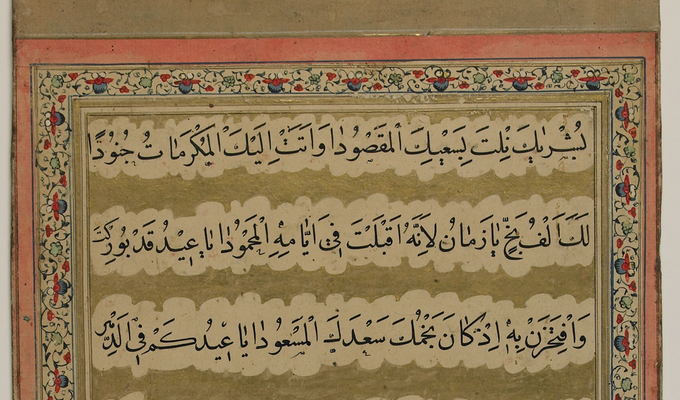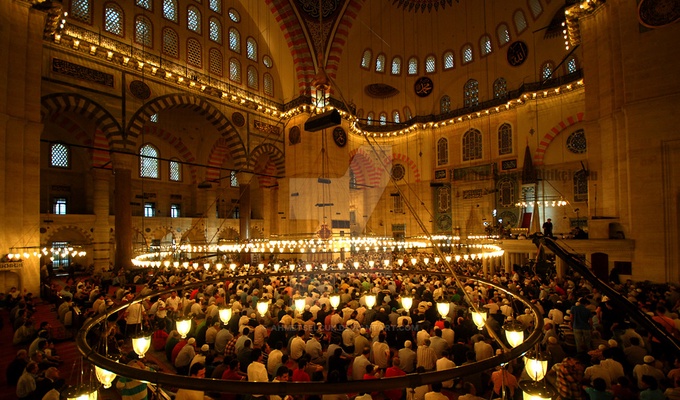Eid is a general Arabic term meaning "festival" or "celebration," and in the context of Islam, it refers to two distinct annual religious holidays: Eid al-Fitr and Eid al-Adha. Though both are commonly referred to simply as "Eid" in conversation, they commemorate different events and occur at different points in the Islamic calendar.
Eid al-Fitr marks the end of the month of Ramadan and is associated with communal prayer, charitable giving (zakat al-fitr), and festive meals.
Eid al-Adha, occurring approximately two months later, coincides with the culmination of the Hajj pilgrimage and commemorates the Qur'anic account of Abraham's willingness to sacrifice his son; it involves the ritual slaughter of animals and distribution of meat.
While both holidays are celebrated with social gatherings and special foods, culinary traditions vary by region and by Eid: for example, sweets such as ma’amoul (stuffed semolina cookies) are commonly made for both Eids in Levantine communities, whereas savory meat dishes often take precedence during Eid al-Adha. The shared term “Eid” reflects their common function as communal festivals, despite differing religious and historical significance.

